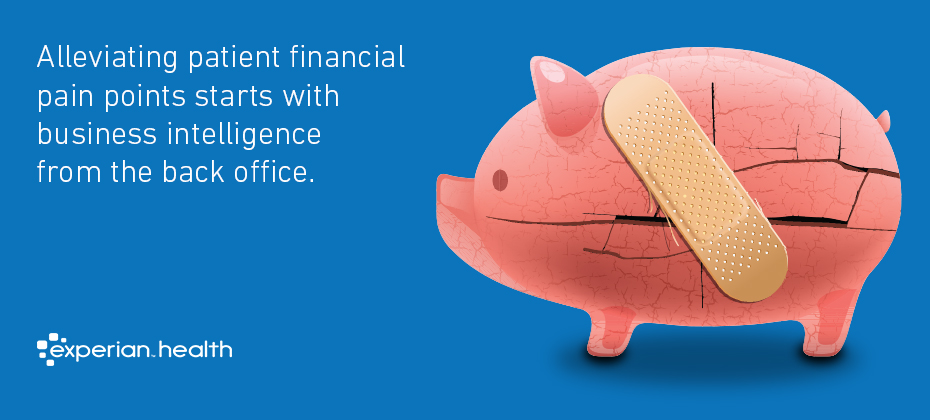
Healthcare consumerism, which describes the ability of patients to shop around for the best value of care, has affected every aspect of the industry. Keeping up with those changes has challenged most institutions as patients become more savvy about healthcare costs and their choices.
But the freedom for patients to choose is only one side of the coin. The other is wrought with financial pain points that come with making the traditional billing model fit the new healthcare consumerism. For instance, organizations have to give patients precise cost estimates, but when patients change insurance coverage or companies change their policies and practices, providers struggle to keep those estimates accurate.
And patients who are hit with unexpected costs after they’ve received treatment are less likely to be able pay their bills. Hospitals and providers suffer from uncollected bills, which is compounded by claims denials.
Fortunately, the idea of healthcare consumerism inherently provides the solution to the pain. Emulating consumerism that’s present in other industries, such as retail, means offering accurate and transparent pricing, eliminating uncertainty, and offering patients convenient and comprehensive financial options. Like other industries, healthcare already has a wealth of IT tools to make that possible.
Headaches for patients and providers
Simplifying financial pain points requires one significant change — hospitals and providers must deliver clear, simple information about what factors into their pricing. The first step is ensuring your system can keep up with the constantly changing details of insurance policies, supplier contracts, and everything else that affects those costs.
An automated IT solution can collect up-to-date insurance data, claims history, a patient’s financial situation, your organization’s price, and more before generating an estimate. When this data changes, estimates are no longer accurate, which is why healthcare pricing is so complicated. Therefore, tracking them and updating your system automatically can make it easier.
Most of the industry already uses analytics to some degree. Combined with automated financial data-gathering tools, those analytics can help organizations identify patients who are financially at risk and might qualify for additional funding options. Along with clear and accurate estimates, patients highly value a provider that cares enough to offer affordable financing options.
Alleviating those pain points
Keeping up with policy and other financial changes as quickly as they occur makes healthcare consumerism as beneficial for hospitals and providers as it is for patients. For example, Rocky Mountain Cancer Centers was able to reduce claims denials by 27 percent after implementing payer alerts and patient estimate solutions.
The same strategy helped the College of Medicine at Baylor University collect nearly $4.2 million in underpaid contracts, which it would have missed otherwise. Both organizations have also significantly boosted patient satisfaction with their financial processes, which has led to more positive experiences and reviews.
You can also alleviate financial pain points for patients and your organization by seeing healthcare consumerism as an opportunity instead of a burden. Patients demand the same level of cost transparency and certainty from every other industry. Healthcare organizations now have the incentive (and the means) to prove that they can offer the same level of service.


